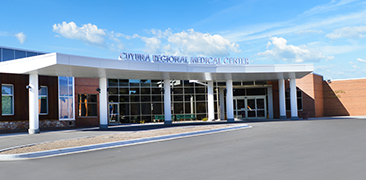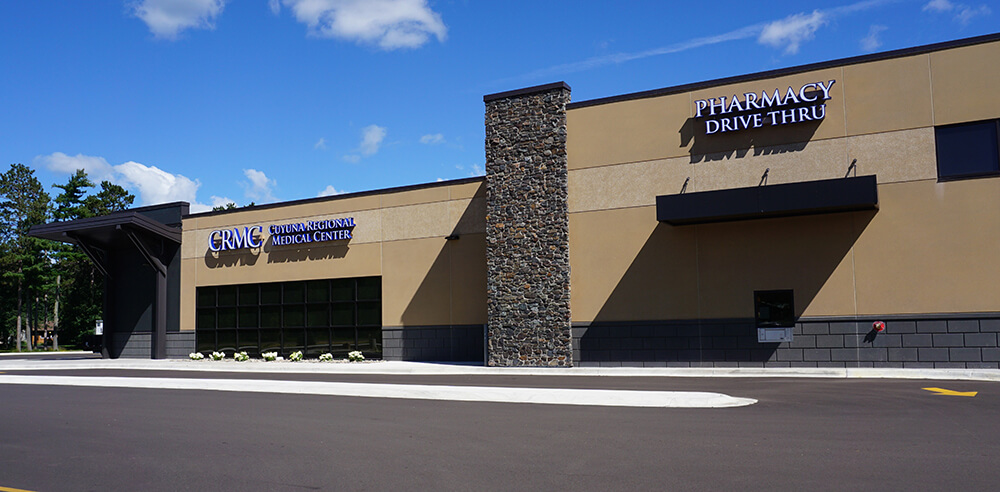Frequently Asked Questions
Here we answer some frequently asked questions about pain management and what you can expect when you’re ready to schedule an appointment.
The time from the injection to when a patient may experience relief, is variable. Some patients may have immediate relief, which can often be attributed more to the local anesthetic that is used by the doctor during the procedure. More often the process takes 7-10 days for the steroid medication to take effect and for patients to notice significant relief after an injection.
The time from completion of the radiofrequency ablation to feeling better varies among individuals. It is not uncommon to be a little sore from muscle pain the first day or two after the procedure. Most patients report relief within five to 10 days after completion of the procedure.
The frequency of the intervention/injection is determined by the cause of the problem and your body’s response to the treatment. We formulate a treatment plan specific to each individual. Some medical conditions warrant closer attention to an individual’s exposure to injected medications and treatments. Our goal is to always take the very best care of the patient that we can.
The response to an injection will be evaluated at the procedure follow-up visit in the clinic. If the injection does not work for you, we will reevaluate the options and determine a treatment pathway moving forward. We will always try to explore all options that are reasonable, safe, and applicable to your specific condition and do our very best to get you feeling better.
Our specialists have performed thousands of procedures. They are fellowship trained, board certified physicians in their field. They provide you with the most state-of-the-art care possible, specific to your needs.
Our goal is to help you feel better and alleviate your pain. Often the most uncomfortable part of an injection is the local anesthetic medication that is used to numb the skin and underlying area. This experience is very individual for each person. For some is not uncomfortable at all, and for others it can be more painful. If you have concerns about the injection or have had a bad experience with injections in the past, please bring this to the attention of our nursing staff and we will make every effort to individualize the procedure to create the best experience possible.
It is not unusual to experience anxiety or fear about the use of needles and procedures. It is extremely helpful if you notify our staff if you have these concerns or have had a bad experience in the past with injections. We try very hard to make your experience the best it can possibly be. Most of the time we can adjust the treatment plan or recommend administration of relaxing medications to be given during the procedure to reduce these concerns.
Most injections are performed by numbing the skin with local anesthetic medication and are not uncomfortable after that. However, some procedures may be more uncomfortable than others and we may administer relaxing medications for your comfort during the injection. The number one priority of our doctors is always keeping you safe. If you have concerns about being awake during the procedure, we can discuss sedation options with you and arrive at a plan on which we all agree. There may be limitations on the type of sedation that can be administered based on several variables. Again, we stress that our number one goal is to keep our patients safe from harm.
Most insurance companies require an authorization approval prior to your procedure. This is dependent on the specific insurance company and its individual policies. Some require longer authorization times than others for approval. We most often will receive approval for your procedure within 10 business days. Our goal is to always try to provide the most efficient care and treatment possible. Please help in being understanding that in today’s world, there are many factors that are out of our control that may affect the timeline of getting your procedure completed. Thank you for your patience and understanding.
You will receive a phone call from the procedure scheduling office the day before your procedure. This call will provide you with the specific time for which you should arrive at the hospital to check in. This varies based on the type of procedure and if you are receiving sedation. We try very hard to accommodate every patient and his or her individual schedule. Please be understanding that we cannot always give procedure or arrival times that are best for everyone; however, if you have travel limitations it is helpful for our clinic staff to know early so that we can try our very best to accommodate those requests in advance.
In the event you are feeling better and your specific pain has resolved on its own, we recommend that you postpone or cancel your procedure. Please call our office to speak with our nursing staff; in these situations, we want to avoid doing your procedure if there is no longer an indication or need.
This is a great question. In most instances we would reschedule your procedure if you have been prescribed an antibiotic medication for treatment of an infection. Our number one goal is to keep our patients safe and doing an injection on a patient with an active infection that is still being treated increases the risk of complications to that patient. We do not want to spread the infection to another area by doing a procedure. It is best to complete the antibiotic treatment and ensure the infection has resolved before undergoing a procedure. The only common exception is a chronic condition for which you take the antibiotic all the time, and there is no active, acute infection being treated. If you have any concerns or questions about your medications, and if they will affect your procedure, please contact our nursing staff.
Please do not make any changes to your medications unless directed to do so by our nursing staff. Some procedures do require you to stop blood thinning medications, but this is very specific to each procedure and each type of blood thinning medication. We will assist you in that process and ask for permission from your family doctor or heart doctor if necessary. If you have a procedure scheduled, please update us of any changes to your blood thinning medications.
Our practice focuses on the interventional treatment of painful conditions of the spine. We are not a conventional pain management practice, and do not provide chronic pain management services such as narcotic pain medications.
We do not offer treatments for Fibromyalgia. This type of pain does not respond well to injections. Generalized pain disorders such as Fibromyalgia often respond best to a multidisciplinary treatment approach that includes cognitive therapies, non-opioid medications, physical therapy, and exercise. These therapies are found through a conventional pain management clinic, and we do not offer these therapies.
This is a great question. If you have pre-diabetes or diabetes, the nursing staff will check your blood sugar upon arrival to the procedure area. For safety reasons, in most instances we may reschedule your procedure if your blood sugar is greater than 200. This is because administration of steroid during your injection can raise your blood sugar and starting off with a blood sugar above 200 causes a rapid increase in your sugars and can be problematic. If you are diabetic, we advise that you eat a light, non-sugary meal prior to your procedure so when we check your blood sugar, it is not significantly elevated.
Also, we encourage you to monitor your blood sugars several times a day for the first three to five days after the injection to ensure they are staying within the normal range. If they are elevated to a concerning level, please contact your primary care provider or our office for assistance.
Each patient must be evaluated individually. We want to provide the very best care for you, and sometimes there may be details that are important to your situation and pain that need to be discussed. We promise to evaluate you and come up with the very best treatment plan for your specific condition.
Most injections may take seven to 10 days to reduce your pain. This is due to the nature of the medications that are administered and their mechanism of action within the body and cells. If you are experiencing WORSENING pain after your injection, please call our office and speak to our nursing staff to determine if you should be evaluated in clinic and discuss the next course of action. If it is outside our clinic hours, the best action is to be seen in the Emergency Department for evaluation.











